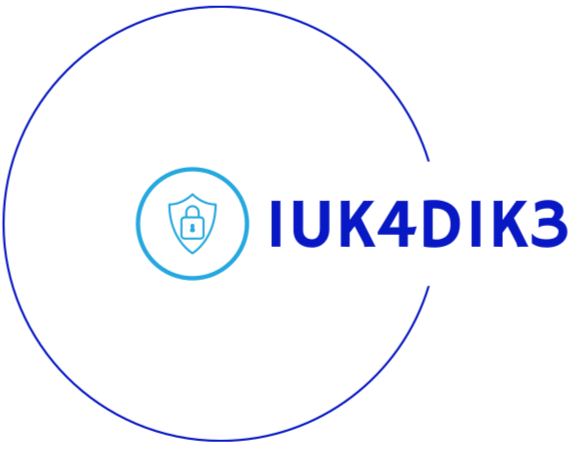Buffer Overflow
Buffer overflow is a security vulnerability that occurs when a computer program tries to store more data in a memory buffer than it can actually hold. As a result, the extra data spills over into adjacent memory locations, potentially overwriting important data or even allowing malicious code to be executed. This can lead to crashes, unintended behavior, or even unauthorized access to the system.
Read More
Shellshock
Shellshock, discovered in 2014, is a vulnerability in the bash shell that allows an attacker to execute arbitrary commands. The root cause of this vulnerability stems from a flaw in how bash processes environment variables. When it parses shell functions that are passed as environment variables, it automatically executes any additional code that is located after the function definition. This means that an attacker can craft an environment variable that includes malicious code, which is then executed by bash.
Read More
Clickjacking
Clickjacking is a type of web attack where an attacker tricks a user into unknowingly clicking on a malicious element on a website. This is done by overlaying the legitimate element with a transparent malicious element. To protect against clickjacking attacks, web developers can implement measures such as using frame-busting scripts, employing X-Frame-Options headers in HTTP responses, or using Content Security Policy (CSP) to restrict the allowed sources of content.
Read More
SQL Injection
SQL (Structured Query Language) is a programming language that is used to create and manage a relational database. SQL allows users to define and manipulate structured data and perform operations like INSERT, UPDATE, DELETE, SELECT, and JOIN on that data.
Read More
Cross-Site Request Forgery
Cross-Site Request Forgery is a type of attack in which an attacker tricks a user into visiting a malicious page that can send a forged request to a targeted website on behalf of the victim. The goal of a CSRF attack can vary, but usually it involves performing actions on behalf of the targeted user without their consent or knowledge, like withdrawing money from their bank account, changing their password, making a purchase, etc.
Read More
Cross-Site Scripting
Cross-site scripting (XSS) is a security vulnerability that allows attackers to inject malicious codes into web pages. XSS is introduced when a web application fails to properly sanitize user input before including it in dynamically generated web content. This means that when regular users visit the affected website, their browsers unintentionally run the injected code, which can lead to different harmful activities. XXS can either be reflected or stored.
Read More
